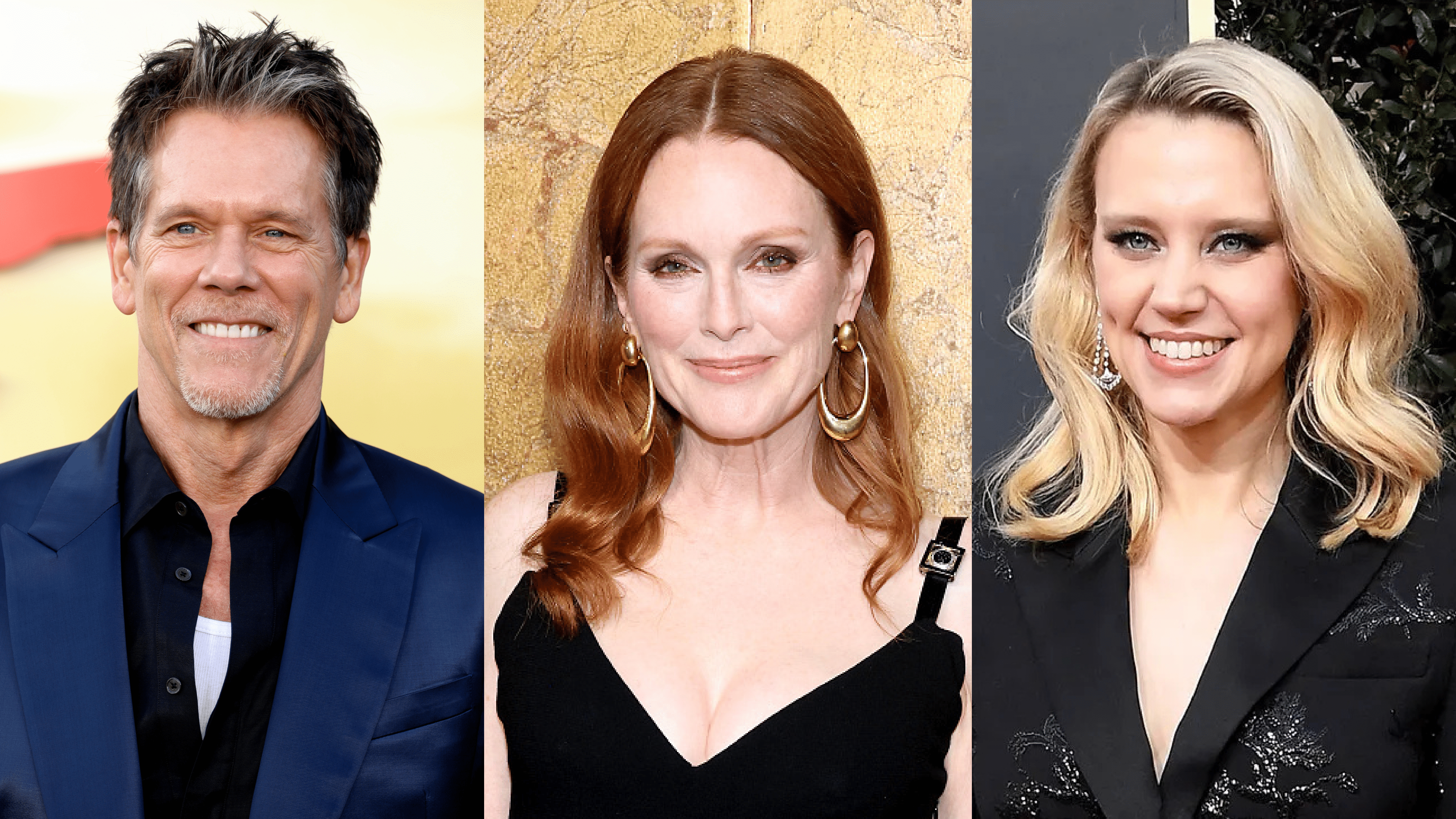
More than 10,500 artists from film, television, music, and literature have signed an open letter protesting the use of their work by artificial intelligence (AI) companies without permission, The Washington Post reports.
This protest, supported by well-known figures such as Julianne Moore, Kevin Bacon, Thom Yorke, and Björn Ulvaeus, calls AI developers’ unlicensed use of creative content for training their models an “unjust threat” to the livelihoods of creators. The signatories argue that AI firms are exploiting artists’ intellectual property without proper consent or compensation, leading to growing concerns in creative industries.
The Growing Threat to Artists’ Livelihoods
The letter, organized by British composer and former AI executive Ed Newton-Rex, specifically highlights the problem of AI companies using copyrighted content as “training data” without paying for it. Newton-Rex pointed out that while AI firms spend millions on engineers and computational resources, they expect to take creative works—essentially people’s art, writing, and music—for free. According to him, calling these works “training data” dehumanizes the creators and reduces their contributions to mere resources.
Newton-Rex resigned from his role at Stability AI over the company’s stance that using copyrighted materials without permission for AI model training is “fair use,” a controversial term under U.S. copyright law.
The letter has the backing of many notable individuals, including actors Rosario Dawson and F. Murray Abraham, musicians Robert Smith of The Cure and composer Max Richter, and authors like Kazuo Ishiguro, Ann Patchett, and James Patterson. They are joined by industry organizations such as SAG-AFTRA, the European Writers’ Council, and Universal Music Group.
Lawsuits Against AI Companies Begin to Mount
Lawsuits against AI developers have already begun. OpenAI, the company behind ChatGPT, is facing legal action from authors like John Grisham, Jodi Picoult, and George R.R. Martin, accusing it of using their work without authorization to train its models. AI image generators and AI music creators, including platforms like Suno and Uido, are also being sued by artists and major record labels like Sony Music, Warner Music Group, and Universal Music Group for copyright violations.
In the UK, concerns are growing about a potential government plan to allow AI companies to scrape content from artists and publishers unless they actively “opt out.” Newton-Rex criticized this proposal, saying that opt-out systems are ineffective because many people are unaware of them. He warned that the burden of opting out should not fall on creators, and that an “opt-in” approach, where AI firms would need explicit permission from creators, would be fairer.
Google has also weighed in, advocating for the relaxation of copyright rules in the UK to allow text and data mining for non-commercial purposes, which is currently allowed for academic research.
Featured Image courtesy of:
Left: Kayla Oaddams/WireImage; Middle: Cindy Ord/Getty Images; Right: Steve Granitz/WireImage
Follow us for more tech news updates.
